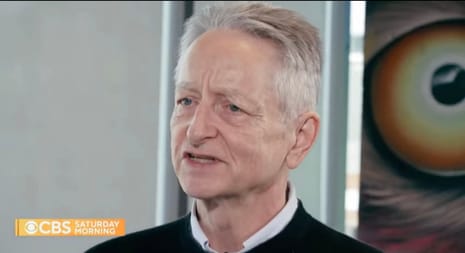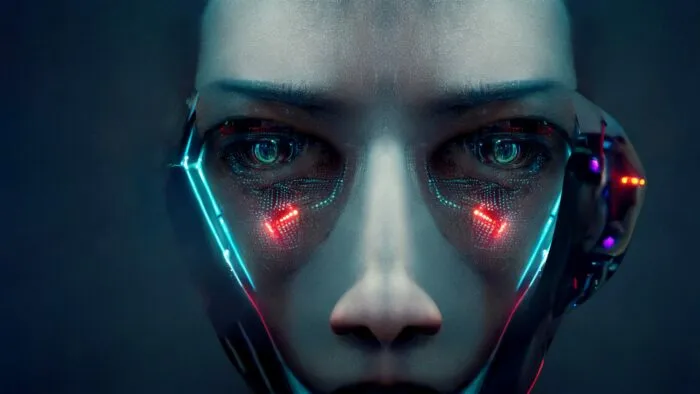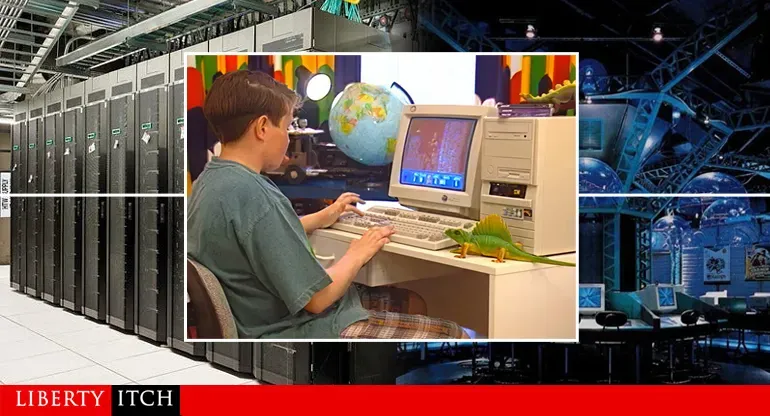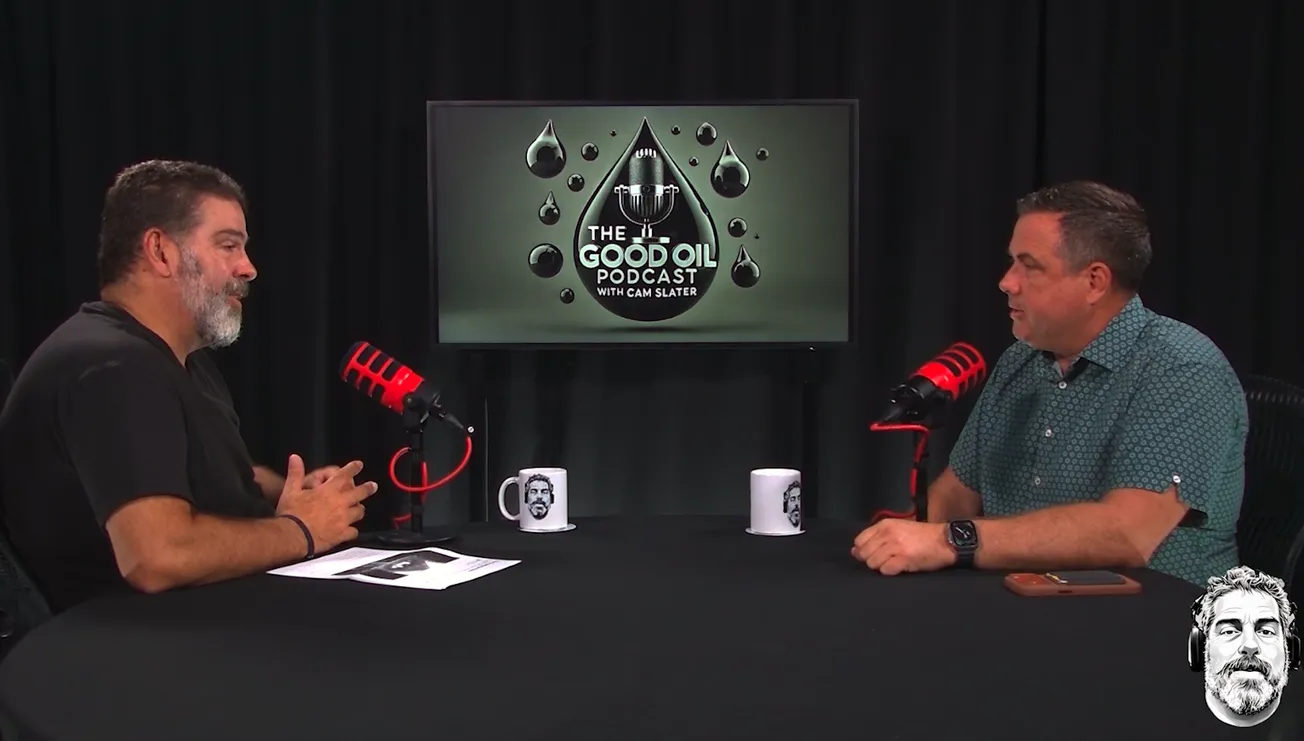Table of Contents
Catherine Salgado
Catherine Salgado is a Staff Writer with Media Research Center’s NewsBusters’ Free Speech America. She also has a column, Washington’s Bayonette, on The Rogue Review and her own SubStack newsletter, Pro Deo et Libertate. Catherine previously wrote for The National Pulse and is a graduate of Christendom College with a degree in Classical Languages and Theology.

The computer scientist considered the “godfather of AI” just left Google so he can warn the world of the “scary” implications of artificial intelligence. Dr. Geoffrey Hinton did not join in earlier calls from tech leaders for a more cautious approach to AI, but now that he has left Google, he aims to warn the world. “Look at how [AI] was five years ago and how it is now. Take the difference and propagate it forwards. That’s scary,” Hinton said in an interview covered by The New York Times.
“The warning signs are here,” said MRC Free Speech America & MRC Business Director Michael Morris. “How many more AI experts, creators and scientists have to paint a terrifying picture before people begin to wake up the potential dangers of rushing to create ever more powerful AI technologies without proper guardrails?”
Google is no longer a “proper steward” for AI, as Microsoft’s Bing chatbox has spurred Google to rush out that technology itself, Hinton insisted. He noted that AI could be used to replace many workers and to flood the internet with fake content. The current AI race between Google and Microsoft will escalate into a global race, Hinton predicted, and could even lead to violent “killer robots.”
“The idea that this stuff could actually get smarter than people — a few people believed that,” Hinton explained in the interview. “But most people thought it was way off. And I thought it was way off. I thought it was thirty to fifty years or even longer away. Obviously, I no longer think that.”
Hinton used to think AI couldn’t compete with the human brain in some ways, but now he says AI can do “better” than humans in other ways. Now, the Times reported, Hinton is calling for scientists around the world to work together to control AI. “I don’t think they should scale this up more until they have understood whether they can control it,” Hinton stated.
Originally a computer science professor, Hinton and two students, Ilya Sutskever and Alex Krishevsky, built a neural network in Toronto in 2012. Ultimately, The Times reported, Google paid $44 million for Hinton’s company and Hinton’s AI system spawned ever more powerful AI. Hinton and two collaborators received the prestigious Turing Award and Sutskever is now OpenAI’s chief scientist and co-founder. OpenAI runs the infamous ChatGPT.
Hinton gave his notice last month and talked to Google CEO Sundar Pichai last week, The Times noted. The “godfather of AI” is too worried about AI’s future implications to help Google in its rapid AI drive.
Elon Musk and other tech leaders signed a recent open letter from Big Tech CEOs, leaders and experts calling for a pause on AI due to its risks.









